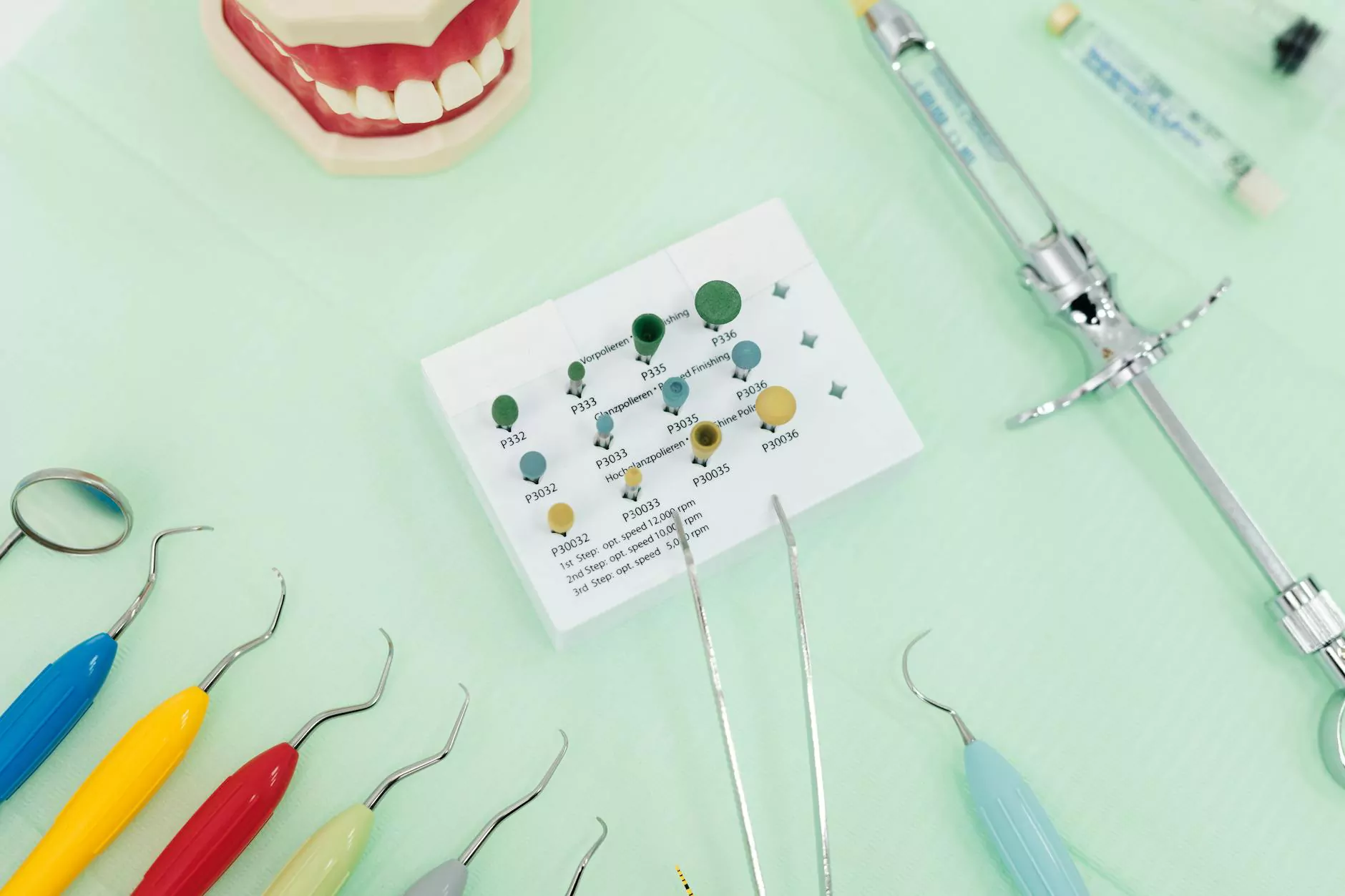The Comprehensive Guide on the Cost for a Dental Crown

When it comes to dental care, one of the most common procedures is the placement of a dental crown. Understanding the cost for a dental crown is essential for anyone considering this treatment. In this article, we will delve into the various factors that influence the pricing, types of crowns available, and tips on managing your dental expenses.
What is a Dental Crown?
A dental crown is a custom-made cap that covers a damaged or decayed tooth, restoring its shape, size, strength, and appearance. Crowns are necessary when:
- A tooth has a large filling and little healthy tooth structure remains.
- A tooth is severely weakened due to decay or fracture.
- A tooth has undergone root canal therapy.
- Aesthetics are a concern, especially for front teeth.
Types of Dental Crowns and Their Costs
The cost for a dental crown can vary significantly depending on the type of crown chosen. Here are the most common types along with their associated costs:
1. Porcelain Crowns
Porcelain crowns are popular for front teeth due to their natural appearance. These crowns are skillfully crafted to match the color of surrounding teeth.
Cost Range: $800 - $3,000 per crown
2. Ceramic Crowns
Ceramic crowns are another aesthetic option that is durable and can withstand moderate chewing forces while blending with your natural teeth.
Cost Range: $800 - $2,500 per crown
3. Gold Crowns
Gold crowns are made from an alloy of gold and other metals. They offer superior durability and are commonly used for back teeth.
Cost Range: $800 - $2,500 per crown
4. Resin Crowns
Resin crowns are generally more affordable but less durable compared to other types. They are typically used for temporary crowns while waiting for more permanent solutions.
Cost Range: $300 - $1,000 per crown
Factors Influencing the Cost for a Dental Crown
The cost for a dental crown is not solely dependent on the type of material used. Several additional factors can influence the final price:
- Location of the Dental Practice: Dental costs can vary widely based on geographic location. Urban areas typically have higher costs compared to rural settings.
- Dentist’s Experience and Reputation: More experienced dentists may charge higher fees due to their expertise and skill level.
- Complexity of the Case: If the crown is part of a more extensive treatment procedure, such as a root canal or major dental reconstruction, costs will increase accordingly.
- Insurance Coverage: Depending on your dental insurance plan, you may cover a part of the crown cost. It’s crucial to verify what your policy covers.
- Laboratory Fees: Crowns are usually fabricated in dental laboratories. The complexity and quality of the lab's workmanship can affect the overall pricing.
Insurance Coverage for Dental Crowns
Many dental insurance plans cover a portion of the cost for a dental crown. Here’s what to consider:
- Type of Insurance: Check if your plan includes coverage for crowns, especially for restorative purposes.
- Annual Limits: Most insurance plans have an annual cap on coverage. High-cost procedures can quickly use up your limit.
- In-Network vs. Out-of-Network: Going with a dentist who is in network can often save you a significant amount of money.
Financing Options for Dental Crowns
If you find that your insurance does not cover the full cost of a dental crown, or if you are uninsured, do not worry. There are multiple financing options available:
- Payment Plans: Many dental practices offer payment plans that allow you to spread out the cost over several months.
- Health Savings Accounts (HSA) and Flexible Spending Accounts (FSA): You can use these tax-advantaged accounts to pay for dental care, including crowns, with pre-tax dollars.
- Third-Party Financing: Companies like CareCredit allow you to apply for financing specifically for medical and dental expenses.
Steps to Choosing a Dentist for Your Dental Crown
Choosing the right dentist is crucial when considering getting a dental crown. Here are some steps to follow:
- Research: Look for dentists with good reviews and testimonials. Websites like wupdoc.com can provide patient insights and ratings.
- Check Credentials: Ensure the dentist has the appropriate licenses and credentials to perform crown procedures.
- Consultation: Schedule an initial consultation to discuss your needs, treatment options, and payment plans.
- Ask About Technology: Inquire about the technology and materials used. Modern advances can enhance the quality and fit of crowns.
- Cost Breakdown: Get a detailed cost estimate before starting treatment, including all potential costs involved.
Additional Considerations
When making your decision, keep these additional factors in mind:
- Post-Procedure Care: Understand what care is needed after receiving a dental crown and how it affects longevity.
- Longevity of Crowns: Discuss the expected lifespan of the dental crown type you choose. Some crowns last longer than others.
- Follow-Up Visits: Be prepared for possible follow-up visits to ensure the crown fits well and no issues arise.
Conclusion
In summary, the cost for a dental crown can fluctuate widely based on several components such as material type, location, and insurance coverage. By understanding these factors and exploring available options, you can make an informed decision that prioritizes both your health and financial well-being. Remember, investing in a dental crown is not just about restoring a tooth; it’s about reclaiming your smile and confidence!
If you’re considering a dental crown, take action today by visiting a professional provider or checking out wupdoc.com for more information. Your dental health deserves the best care possible!









